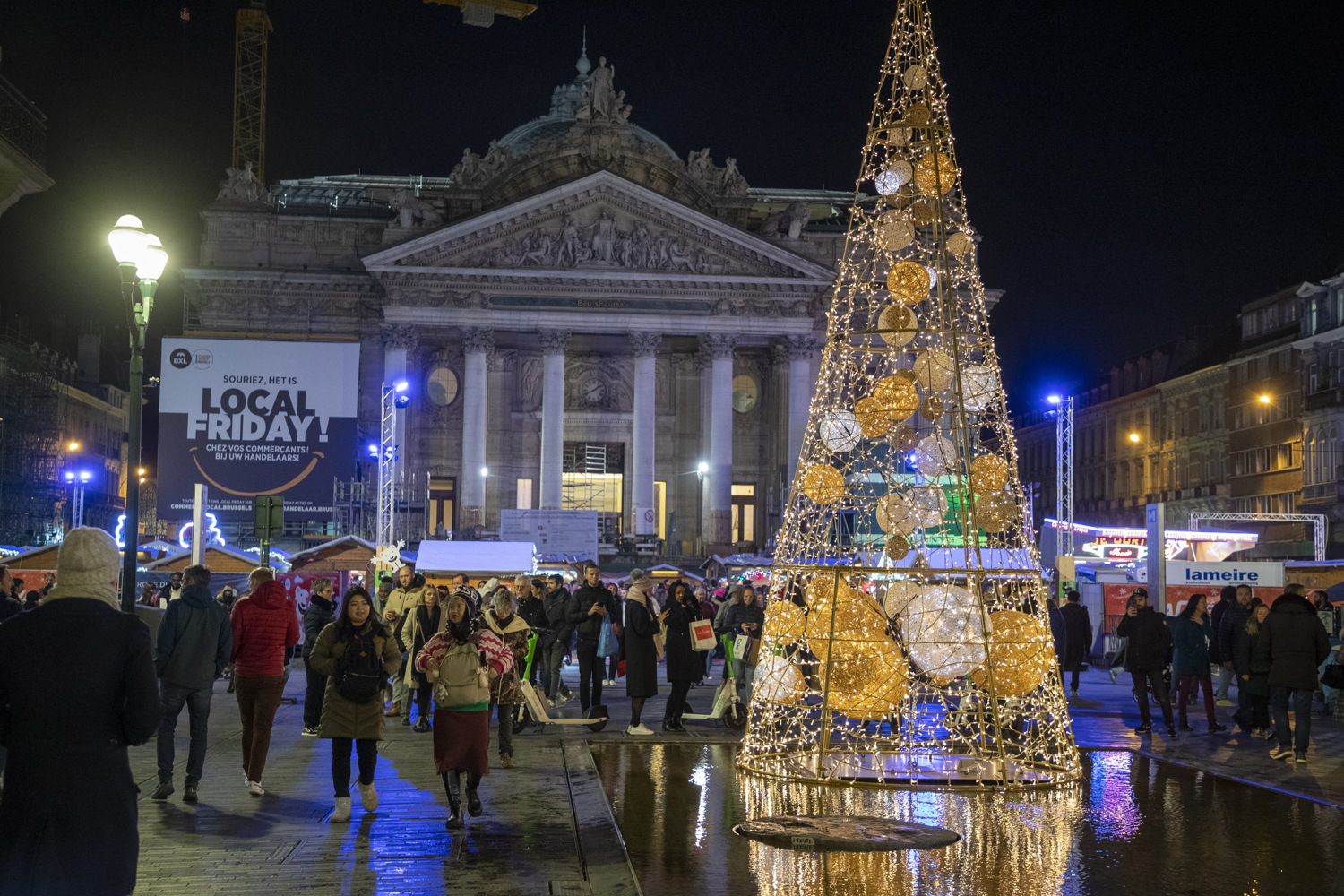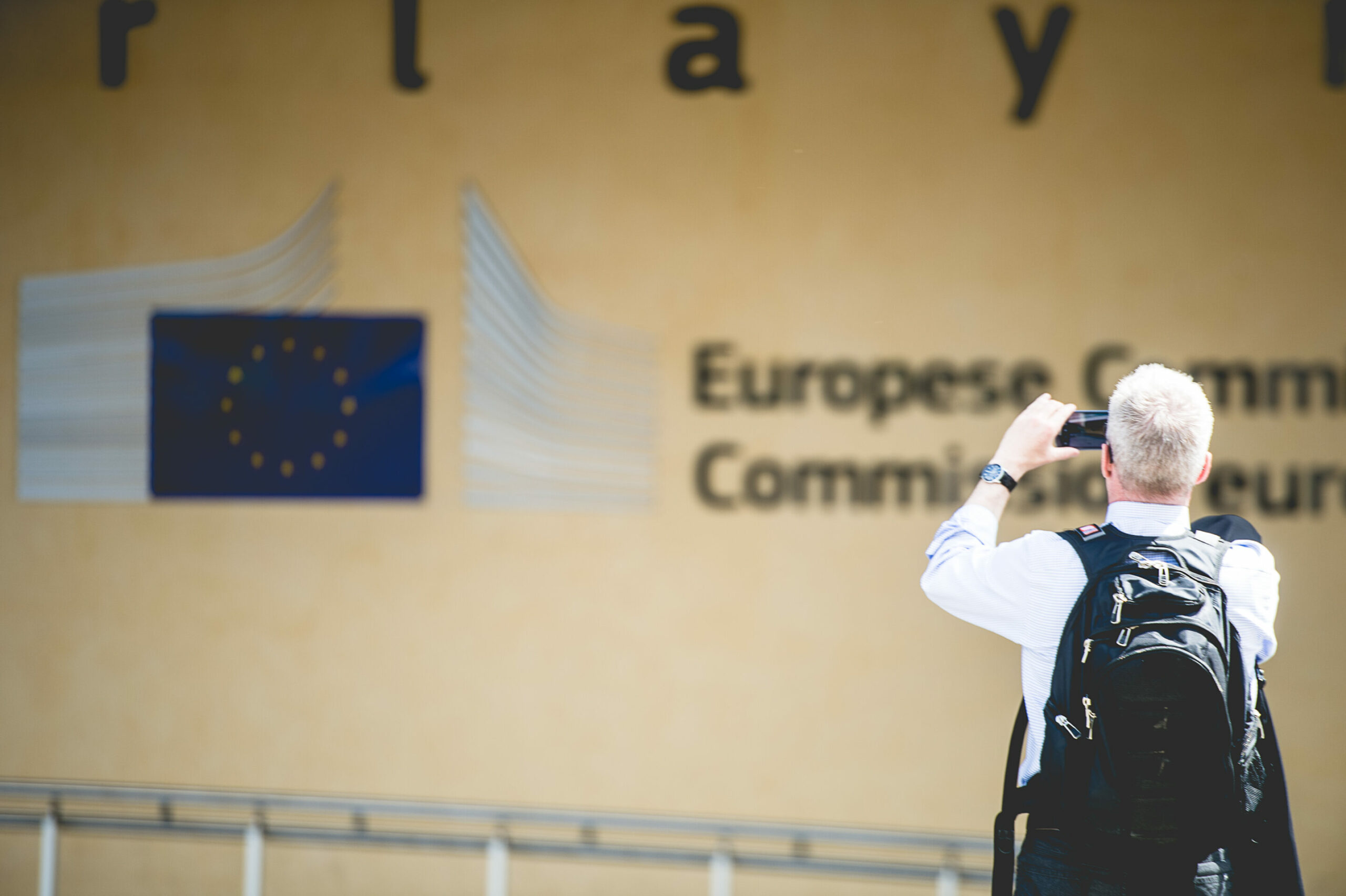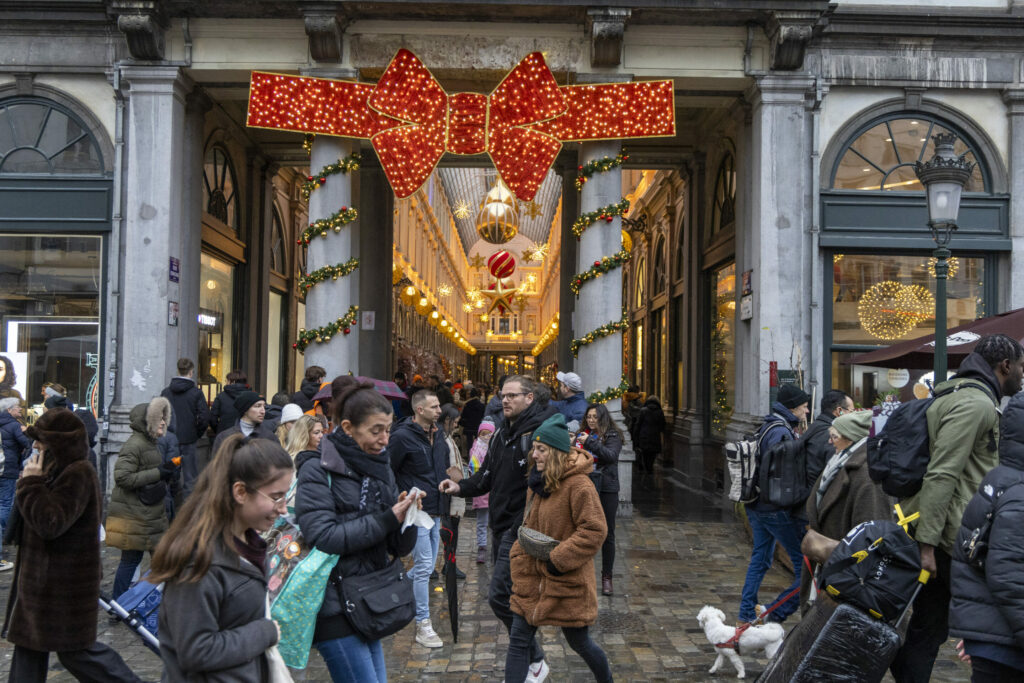Brussels is increasingly making a name for itself as a European holiday destination. Tourism boomed in 2024, and the hope is it will only continue to grow.
The Belgian capital is drawing the big crowds. Its offer of delectable waffles, chocolates and Belgian beers as well as its increasingly prominent cultural scene and events put the once-underestimated city on the map.
"The visitor figures for the whole of 2024 are looking very good," a spokesperson for visit.brussels, Jeroen Roppe, told The Brussels Times.
While final figures (including stays in hotels and other accommodation such as Airbnb) will be released at a later date, the number of overnight stays in the region will likely surpass that of 2019, the previous record year for tourism in Brussels.
Putting Brussels on the map
In the past, most overnight stays were linked to business tourism: many visitors stayed in Brussels out of necessity rather than choice. However, the tide has shifted. Where Brussels was once known as mainly a business city, it has now become one of leisure, too.
"The balance has roughly evened out in recent years," Roppe said. "It might not be exactly 50-50, but it's more balanced than it used to be." The regionalisation of tourism was one propelling force. Following the ministerial state reform in 1980, Brussels started to set its own tourism strategies. "Since then, we have worked on catering to additional markets."

Plaisirs d'Hiver Christmas Market in Brussels' city centre. Credit: Belga / Nicolas Maeterlinck
Many Brussels-based events and the city's cultural heritage are also driving this trend. Some examples include techno parties, vibrant festivals, Art Nouveau and Art Deco.
The city's latest major event – Winter Wonders – saw 4.2 million visitors, almost 40% of whom were international tourists. "Aside from the economic benefit – they spend money in our shops, restaurants and bars – these events are very positive for our image," City of Brussels Councillor for Tourism, Delphine Houba, told The Brussels Times.
"They put Brussels on the map, and prove that the city is the place to be."
Flourishing EU quarter
The head of the Brussels Hotels Association (BHA), Willem van der Zee, agreed that events are attracting more leisure tourists and city trippers. Hotels around Grand Place recorded an 82% rate in December, which rose to 90% on New Year's Eve. Events outside the capital, such as Tomorrowland and Formula One, also influence overnight stays in Brussels.
"But there has been a lack of international events in recent months," he told The Brussels Times. Large-scale concerts by Coldplay and Rammstein, among others, saw visitor numbers rise in off-peak periods. "These were missing last year, and are not on the calendar for 2025."
This is an issue visit.brussels is working to fix. "Instead of tourism being concentrated in certain periods, we want to attract tourists in [off-peak] periods," Roppe said. Houba also stressed the need for a "broad focus" all year round.

The European Commission headquarters in Brussels. Credit: Belga
Alongside this, Brussels wants to prevent over-tourism around the Grand Place and Manneken Pis. To avoid overcrowding in these tourist hotspots, visit.brussels is putting neighbourhoods outside the city centre in the spotlight.
"A good example of the diversification is the European district. Tourists barely visited this area, but now it is much more notable in terms of tourism," Roppe said. The 'European Quarter Brussels' project helped with this.
Looking to the future
Visit.brussels is now focusing on the future. "We want to grow in all possible areas." The hope is to hit 12 million overnight stays by 2030 (up from 9 million in 2023). However, this will be staggered to avoid criticism of over-tourism.
"We want to ensure tourism not only has a positive economic impact [about 50,000 jobs depend on tourism] but also a positive qualitative impact."
Related News
- Best food and drink in Brussels
- Brussels Christmas market attracts record number of visitors
- Weekend Break: Battlefields and beyond in Bastogne
The BHA, whose 2024 results were less positive, is aiming for a return to normal figures (an occupancy rate of 80% across a whole year). Tackling competition from illegal Airbnbs – which account for nearly 25% of the market – is key to this.
"Aside from curbing the proliferation of Airbnb, creating a conference centre for at least 5,000 near the Atomium and improving infrastructure in terms of safety around key areas of crime [such as Brussels-Midi station] are also needed," van der Zee concluded.

